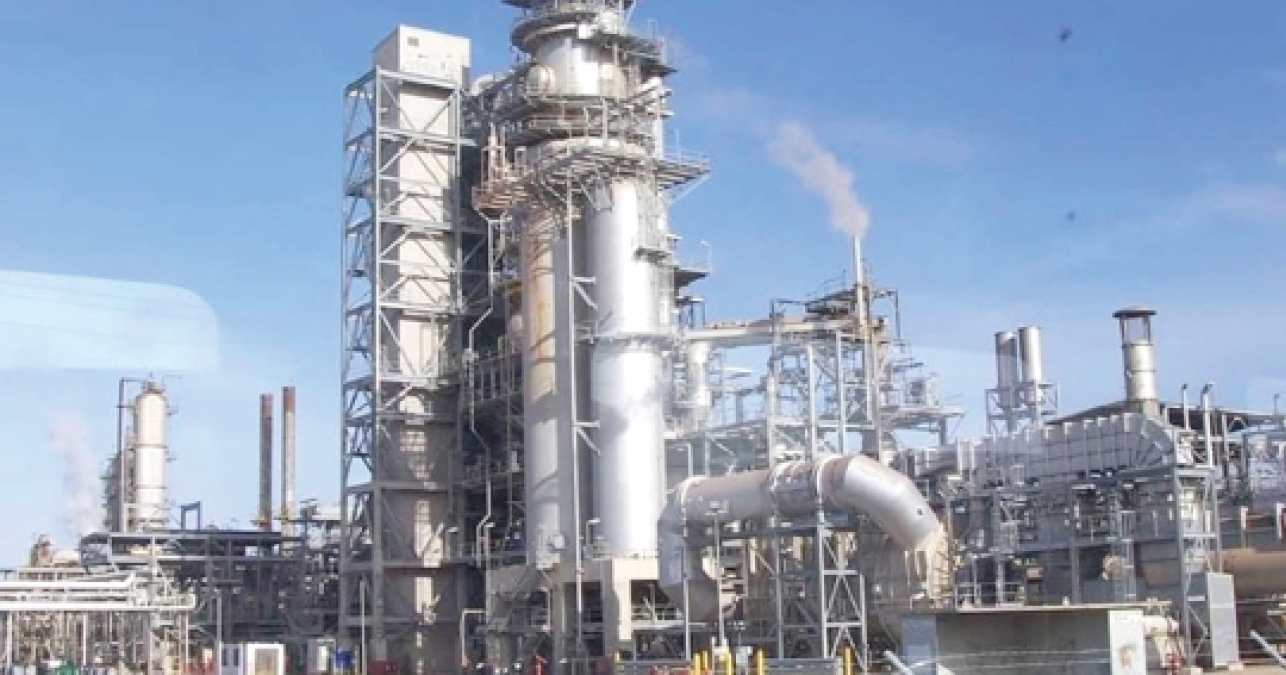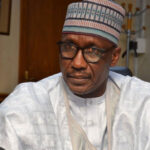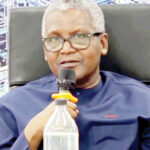The last few days saw crowded affairs for the country. The month of May was convoluted with a litany of rituals, from commissioning ceremonies to send-off parties, and crowned with the grandest of all, the handing and taking over of the reins of power in Abuja and many state capitals.
The spate of activities left one breathless, but an aspect of one of the ceremonies caught my attention, for entirely my own reason. It was at the commissioning of the Dangote Refinery in Lagos, penultimate Monday, that the President of Niger Republic, Mohammed Bazoum, broke convention to speak in Hausa.
Normally, heads of state are obliged to speak in the official language of their country, particularly when addressing an international audience. French is the official language of Niger Republic, but when President Bazoum rose to speak that day, he began in halting English, making apologies that he was going to speak in Hausa. And to the surprise of the distinguished gathering, he went along to render a beautiful speech in Hausa. The speech, which lasted less than three minutes, poured encomiums on the patriotic credentials of Aliko Dangote and prayed that the project would be for the good of not only Nigeria but for the African continent as well.
I wasn’t surprised at the medium he chose to communicate because I have encountered President Bazoum several times giving interviews to foreign radio stations in Hausa. The interesting part is that Bazoum is not Hausa. He is of the minority Arab stock, born in the Kanuri-dominated Diffa Region that lies contiguous to northern Borno. Since independence in 1960, all Nigerien presidents have either been Zabarma (Hamani Diori, Seyni Kountche, Ali Seybou, Salou Djibo), Hausa (Mahamane Ousmane, Ibrahim Bare Mainassara, Daouda Malam Wanke, Mahamadou Issoufou), or Kanuri (Mamadou Tinja).
Bazoum is the first Arab to become president of Niger Republic. But he recognises that Hausa is the medium of communication throughout Niger Republic, and he seizes every opportunity to project it. This is even though he is well-educated in the French language and speaks it like a native.
President Bazoum stands out in these respects, and I wish every African country made it mandatory for its president on every official occasion to speak in his language or the language widely spoken in his country. The North Africans have been ahead in this regard. They are lucky that Arabic is the mother tongue of their majority. Presidents of Tunisia and Algeria, some of the most Francophiles in that part of Africa, would consider it deeply infra dig to be seen speaking French even on France’s soil.
Then why do we continue to ascribe such a high premium to the use of these colonial languages in other parts of Africa? Admittedly, some of our Nigerian leaders of the past era, for example, Prime Minister Tafawa Balewa, Premier Ahmadu Bello, and President Shehu Shagari, were reputed to be excellent English speakers. But I guess this is because they were primarily taught by the English themselves. Shehu Shagari taught English at Sokoto Middle School in the mid-1940s as a subject and had also written books using the language as a medium. Fast forward, the situation is no longer the same today.
It is time we encourage our leaders to speak in their languages to give the country a better projection. I see no reason why President Tinubu should not be seen conducting official business in the Yoruba language while visiting our neighbouring Benin and Togo Republics, where the language is widely spoken.
To take it even further, one can even envision that his maiden address at the United Nations, the African Union, and, in particular, the Commonwealth, would be delivered in Yoruba. And we should retain this privilege for any subsequent Nigerian leader.
Timely appointment at the NEDC
Early last month, the former president, Muhammadu Buhari, was quick to appoint a new board to the North East Development Commission (NEDC). It was a deft and merciful move, as the life of the earlier board was about to expire. If left undone, the new hands that were coming in would take their time before considering what to do with the vacancies in the NEDC. That would have been calamitous for the NEDC, which is involved, on a day-to-day basis, in many life-saving projects aimed at ameliorating the deleterious effects of the Boko Haram insurgency.
In a letter to the Senate, the former president appointed Bashir Bukar Ba’ale to lead the 12-man board as chairman, and Eng. Umar Abubakar Hashidu as CEO/MD, among others.
The Senate had a crowded itinerary in May, which also happened to be their last month, and did not seem in haste to confirm the president’s nominees. In any case, and in fairness to the Senate, they had a loaded trolley, and the president’s letter only arrived in their hallowed chambers on May 3, when they were already challenged with momentous issues affecting the financial health of the nation.
Considering that the delay could have disastrous consequences, the president then directed that the board should immediately go ahead and take over pending the eventual Senate confirmation. This ruffled quite a few feathers. But why should it? We conclude next week.

 Join Daily Trust WhatsApp Community For Quick Access To News and Happenings Around You.
Join Daily Trust WhatsApp Community For Quick Access To News and Happenings Around You.


